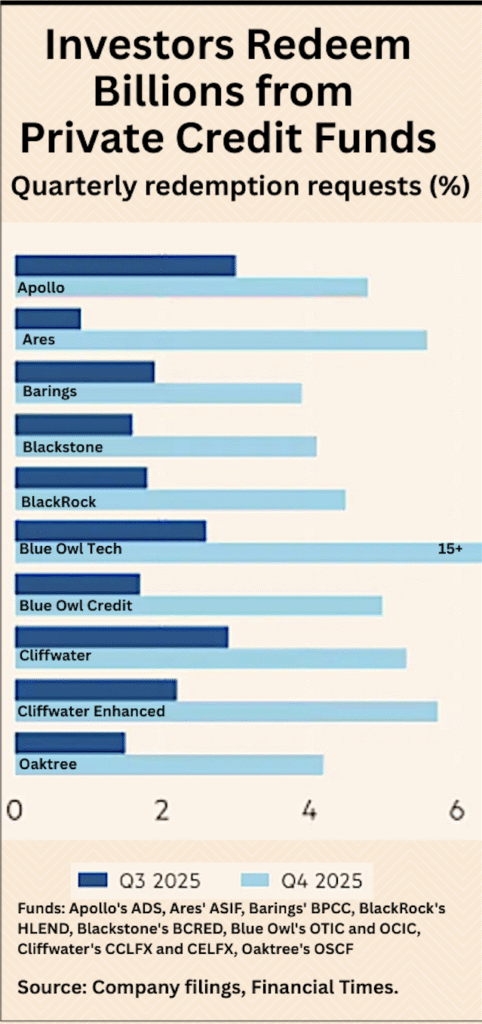
I worked at the Vanguard Group for nine years, and one day I asked a senior manager—one of a group of us who met at noon for off-campus jogs—how Vanguard invested its money. Did it practice the same principles that it preached? Inquiring minds wanted to know.
The manager replied that Vanguard didn’t have any money of its own. He didn’t elaborate, perhaps because he didn’t know. But I doubted that.
The subject of the $2 trillion mutual fund giant and “its money” came up a few days ago when a law firm e-mailed me a copy of what looked like a suit against Vanguard, filed in the civil branch of the Supreme Court of New York, by David Danon, a former Vanguard employee.
The “qui tam” or “whistleblower’s” complaint, which had been sealed since May 8, 2013, while the New York State attorney general’s office considered whether to pursue it—eventually it chose not to—accused Vanguard of avoiding tens of millions of dollars in taxes by providing management and administrative services to its mutual funds “at cost” instead of at a fair value.
In other words, Vanguard was accused of the equivalent of a person selling a car to a friend and under-reporting the actual sale price in order to avoid taxes. According to the suit, Vanguard does in fact make taxable profits, but puts them in an expense account (which the plaintiff valued at $1.5 billion) marked “contingency reserves.”

The implication was that Vanguard’s low-cost advantage—shareholders pay an average of only about 25 cents per $100 to invest in its mutual funds—was built on short-changing the government. Shocking stuff. I had to laugh, because Vanguard seemed to stand accused of playing history’s favorite villian: Robin Hood.
More interestingly, the complaint—in which the plaintiff asks for at least 15% of any tax money recovered by the state of New York as a result of it—looked like a test case of Vanguard’s business model. Somewhere in this lawsuit, I thought, might be an answer to that elusive question: What did Vanguard do with its money?
Prior to this lawsuit, most of what I knew about Vanguard’s business model—a model simultaneously transparent and opaque—came from the late Robert Slater’s imperfect but singular book about the firm and its founder, John Bogle and the Vanguard Experiment (Irwin, 1997).
Slater’s book explains how in the early 1970s, the legendary Bogle (above), then an equity partner and manager of mutual funds at Wellington Management Company, was about to be forced out for bullheadedness. Instead, he engineered a buyout of Wellington by its own funds. In effect, he mutualized the company. An analogy might be Sunkist, a cooperative in which the orange growers themselves own the company that markets and distributes the oranges.
(Vanguard’s closest competitors, by contrast, all have different ownership structures. Fidelity is family-owned, TIAA-CREF is a not-for-profit, and T. Rowe Price is publicly held.)
Bogle was proposing an unusual structure for a fund company, and he had to run it by the Securities and Exchange Commission. Raymond Klapinski, a young lawyer for Wellington Management Company at the time, who retired as Vanguard’s top legal officer 14 years ago and still lives in suburban Philadelphia, helped pitch Bogle’s concept to the skeptical regulators.
“It took us a year to get through the SEC,” Klapinsky told RIJ in a phone call this week. “Vanguard went mutual, like a mutual insurance company. The way most of the fund industry works, the management company provides investment advice and hires someone to do the administration. That entity gets not just a management fee, but also a profit.
“But Vanguard provides all of the administration at cost. So there is no profit margin. I was there for 30 years and I never heard of the tax theories that are being pursued now. We went through a detailed application to the SEC. They didn’t address the tax issue, but they approved the structure. They decided that it was beneficial to the shareholders of the funds.”
The current lawsuit could conceivably reopen the matter. But that seems unlikely, given that the New York attorney general isn’t pursuing the case. Perhaps he’s a Vanguard shareholder. In fact, so many Americans (including this writer) own shares in Vanguard’s low-cost funds that it might be hard to empanel a jury. Or even to locate an unbiased judge.
© 2014 RIJ Publishing LLC. All rights reserved.



